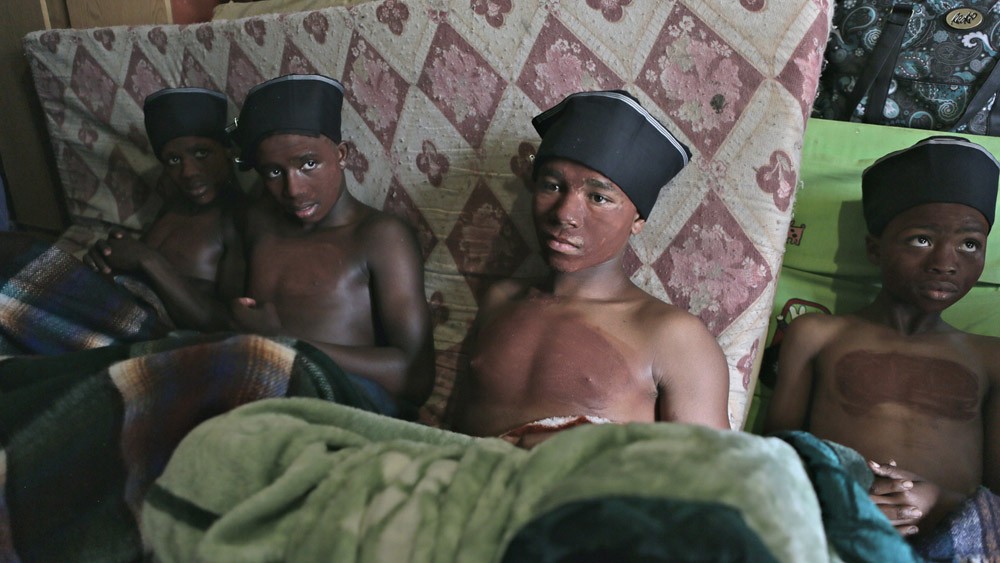Chantelle Bongubukhosi Ncube
Recent events in Zambia serve as a stark reminder of the dangers traditional practices pose to progress across Southern Africa.
The recovery of 48 boys from an abduction by a forced circumcision camp has reiterated the vital issue which is important for Zimbabwean communal societies.
Traditional circumcision is practiced throughout much of Africa as a rite of passage, but sometimes with serious implications when undertaken without medical supervision.
These cultural practices are also very common in rural areas among Zimbabweans. In a 2019 report, the Zimbabwe National Statistics Agency (ZIMSTAT), nearly 30% of males in rural areas were circumcised through traditional means.
The Zambia incident demonstrates the serious health dangers of such clandestine ceremonies. One of the Zambian boys who were rescued had not taken his ARVs for 2 weeks, which poses great dangers to his health. It is also worrying for Zimbabwe since the National AIDS Council reveals that close to 1.3 million are living with HIV. Moreover, customarily, circumcision in Zimbabwe is conducted using non-sterile equipment such as razor blades, making it prone to infections and related complications. A 2020 study by the Journal of Community Health highlights that approximately 15% of the boys who undergo this traditional circumcision lack physiological treatments in Zimbabwe, suffer from adverse health outcomes such as acute infections and excessive bleeding.
It is the education of young boys that is often disrupted by compulsory participation in these rites. The situation is reversed in a recent Zambian case, where abductors singling out schools and going into classrooms to take boys by force. Zimbabwe shares these challenges, especially in rural areas where traditional rulers wield much clout. According to the 2015 Zimbabwe Demographic and Health Survey, school attendance falls drastically on days when boys are taken for these cutting ceremonies.
Additionally, these practices can result in serious health problems further down the line. The issue of bilharzia raised in the Zambian case is also a worry for Zimbabwe. Bilharzia, also known as schistosomiasis is highly endemic in several Zimbabwean provinces and results into the suffering of thousands among children annually with their growth and cognitive development impaired according to statistics from the World Health Organization (WHO).
As much as it is crucial to preserve culture, at some point there needs to be a balance between tradition and what is traditional – the health, legality49 of Zambia is beginning to take legal action against illicit camps. Zimbabwe is also now required to tighten its laws. Although the Ministry of Health and Child Care has had safe medical circumcision programs in place – there must be some conditions under which parents cannot consent, or forced to allow their sons’ participation.
A holistic approach is needed to protect Zimbabwean children from the same fate. The measures include changing the knowledge and awareness of parents and communities around traditional circumcision, improving access to medical circumcision services with high-quality follow-up care as needed; law enforcement must itself be against forced or kidnapped interrogations. It takes the combined efforts of government, traditional leaders and health bodies to protect the right s health boys in Zimbabwe.
Children in Zimbabwe to be Protected: Amidst the challenging conversations happening as a Result of Tradition versus Modernity that are naturally being held all over Africa itself, one simply can not include discussions about Child Safety and Welfare. These Zambian happenings recently are perhaps a harbinger of things to come and there is limited time in protecting a generation that needs it the most.
Zim GBC News©2024


